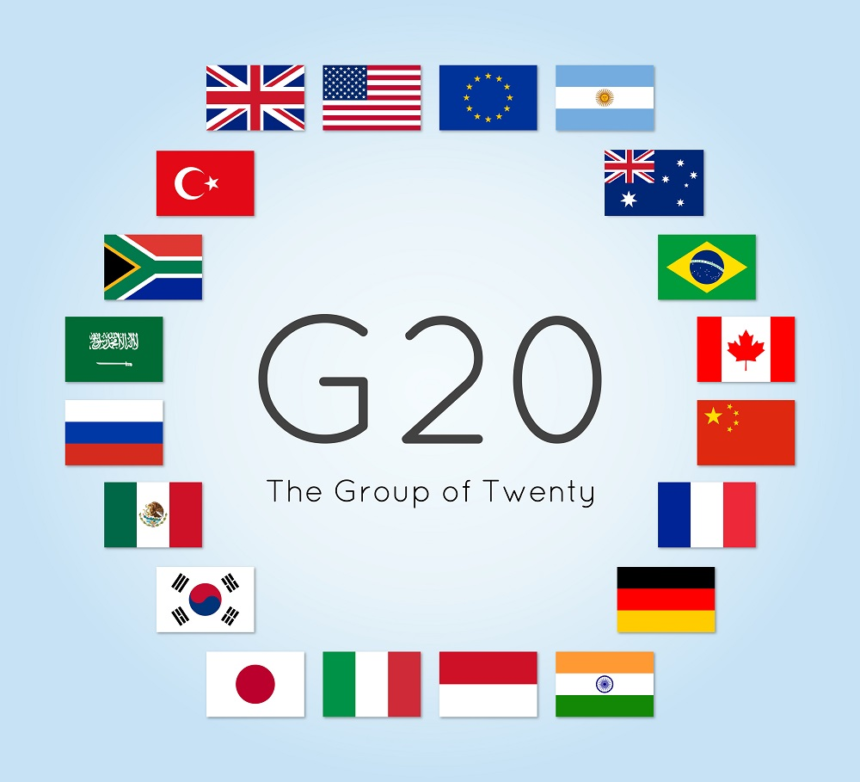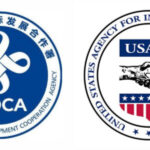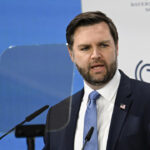Summary & Additional Remarks by Geopolist | Istanbul Center for Geopolitics:
With U.S. Secretary of State Marco Rubio opting out of the upcoming G20 foreign ministers’ meeting in Johannesburg, geopolitical analysts are debating whether China will use this opportunity to strengthen its diplomatic influence. Beijing has confirmed that Foreign Minister Wang Yi will be in attendance, signaling China’s intent to remain actively engaged in multilateral discussions. Rubio, on the other hand, has justified his absence by accusing South Africa of pursuing an “anti-American” agenda, underscoring the growing tensions between Washington and Pretoria.
The U.S.’ choice to skip this important diplomatic conference begs questions over the nation’s more general involvement with the G20 under President Donald Trump. Rubio’s absence has sparked conjecture about whether Trump personally will visit the major G20 summit in November as South Africa is about to deliver the United States the rotating presidency. Recent diplomatic behaviour of his government points to a turn away from several multilateral venues, which would allow China a path to participate more aggressively.
Following the conference of the foreign ministers on February 20–21 will be a vital meeting of G20 finance ministers and central bank governors in Cape Town on February 26–27. Still, U.S. involvement is unknown since Treasury Secretary Scott Bessent has not officially verified his presence. This possible absence would support impressions that Washington is disengaging from global economic debates, a behaviour that would provide Beijing chances to influence the agenda in the absence of Washington.
Particularly over land reform initiatives, tensions between the United States and South Africa have been growing. Referring to the nation’s Expropriation Act, which gives authorities the authority to seize private land for public use with reasonable compensation, Trump has accused the South African government of “confiscating land” and mistreating particular populations. The Trump government has thus stopped American assistance to South Africa until an inquiry into the matter is conducted. This development has simply widened the divide between Washington and Pretoria, therefore perhaps affecting future U.S. participation in multilateral venues run by South Africa.
China keeps on showing itself as a supporter of global collaboration while contrasting its strategy with Trump’s “America First”. Particularly among developing countries in Africa, Asia, and Latin America, the absence of prominent U.S. officials from important G20 meetings could help China to strengthen its leadership inside the group. Beijing has steadily raised its diplomatic interaction with the Global South over the past ten years, largely by means of projects like the Belt and Road Initiative (BRI) and growing participation in international financial organizations. Attending the G20 foreign ministers’ conference, Wang Yi not only positions China as a consistent and involved global actor but also shows its will to strengthen these relations.
This situation also raises broader questions about the long-term trajectory of U.S. foreign policy. If the Trump administration continues to deprioritize multilateral engagement, China could find itself in a stronger position to shape global economic and diplomatic frameworks. While Washington still retains significant influence over the G20 and other international organizations, its reluctance to participate in high-profile diplomatic gatherings could erode its leadership role over time.
For now, all eyes will be on the upcoming G20 meetings in Johannesburg and Cape Town. If China successfully capitalizes on Washington’s absence, it could further cement its status as a dominant force in global governance. However, whether this shift is a temporary diplomatic recalibration or part of a larger strategic retreat by the U.S. remains to be seen. Regardless, the evolving dynamic between the U.S., China, and South Africa will be closely watched as the G20 prepares for its next phase of leadership.







